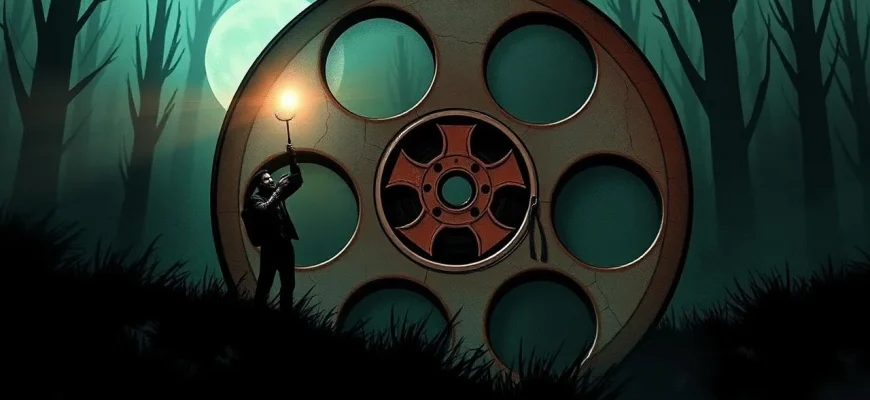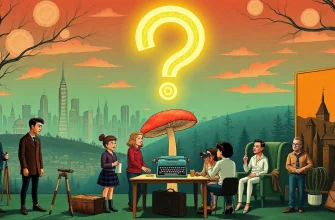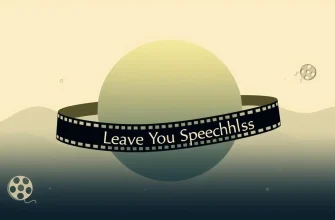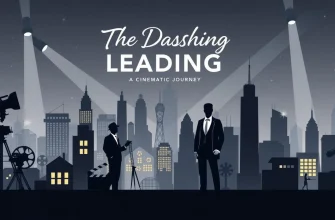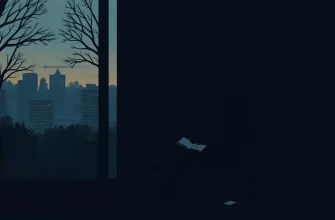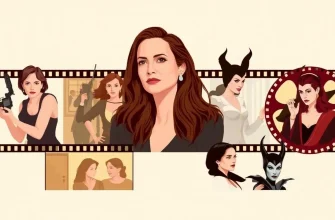Found footage documentaries offer a unique and often unsettling glimpse into real events through the lens of discovered film. These films not only provide a raw, unfiltered look at incidents but also engage viewers by making them feel like they are uncovering the truth alongside the filmmakers. This collection showcases ten such documentaries, each compelling in its own right, offering insights into various real-life mysteries, disasters, and explorations that were captured on film and later found at the scene of the incident.

The Blair Witch Project (1999)
Description: Although often categorized as a horror film, it's also a documentary-style exploration of the myth of the Blair Witch, using footage supposedly found after the disappearance of three student filmmakers.
Fact: The film was initially marketed as a true story, leading many to believe the events were real. The actors were paid $1,000 for their work, but after the film's success, they received additional compensation.
 Watch Now
Watch Now 
Rec (2007)
Description: A Spanish film where a reporter and her cameraman follow firefighters into an apartment building, capturing a terrifying outbreak of a mysterious disease.
Fact: The film was shot in a real apartment building to enhance the realism. It was remade in the U.S. as "Quarantine" but the original Spanish version is often considered superior.
 Watch Now
Watch Now 
Cloverfield (2008)
Description: While primarily a monster movie, it's presented as found footage from a camera left behind after a monster attack on New York City.
Fact: The film was initially a secret project by J.J. Abrams, with the title "Slusho!" during production. The marketing campaign was innovative, using viral marketing to build intrigue.
 Watch Now
Watch Now 
Paranormal Activity (2007)
Description: This film uses the found footage technique to document the paranormal experiences of a couple, with the camera left running to capture unexplained events in their home.
Fact: The film was made for only $15,000 and grossed over $193 million worldwide. It was initially rejected by several studios before being picked up by Oren Peli.
 Watch Now
Watch Now 
The Last Exorcism (2010)
Description: A documentary crew follows a pastor who performs what he claims will be his final exorcism, only to uncover something far more sinister than expected.
Fact: The film was inspired by the documentary "A Question of Miracles" which follows a priest performing exorcisms. It was well-received for its blend of documentary style with horror elements.
 Watch Now
Watch Now 
The Bay (2012)
Description: This film uses found footage to document a small town's water supply being contaminated, leading to horrific consequences for its residents.
Fact: Barry Levinson, known for mainstream films, directed this found footage horror, showcasing his versatility. The film uses a mix of news footage, home videos, and webcam recordings.
 Watch Now
Watch Now 
Creep (2014)
Description: A videographer answers an online ad to film a day in the life of a man who turns out to be far more than he seems, with the footage later found after his disappearance.
Fact: The film was shot in just 13 days with a small crew, and Mark Duplass improvised much of his dialogue, adding to the film's raw, documentary-like feel.
 Watch Now
Watch Now 
The Taking of Deborah Logan (2014)
Description: A documentary crew filming a woman with Alzheimer's disease captures disturbing events that suggest something more than just dementia is at play.
Fact: The film was praised for its realistic portrayal of Alzheimer's, making the horror elements even more chilling. It was shot in a found footage style to add to the documentary feel.
 Watch Now
Watch Now 
Lake Mungo (2008)
Description: This Australian film explores the aftermath of a young girl's death, using footage that her family finds, which reveals more than they bargained for about her life and death.
Fact: Despite its low budget, the film has gained a cult following for its realistic portrayal of grief and the supernatural. It was shot in a documentary style to enhance the realism.
 30 Days Free
30 Days Free 
The Poughkeepsie Tapes (2007)
Description: This film presents itself as a documentary about a serial killer's tapes found by police, offering a chilling insight into his mind and methods.
Fact: The film was shelved for years due to its disturbing content, only being released officially in
 30 Days Free
30 Days Free 
